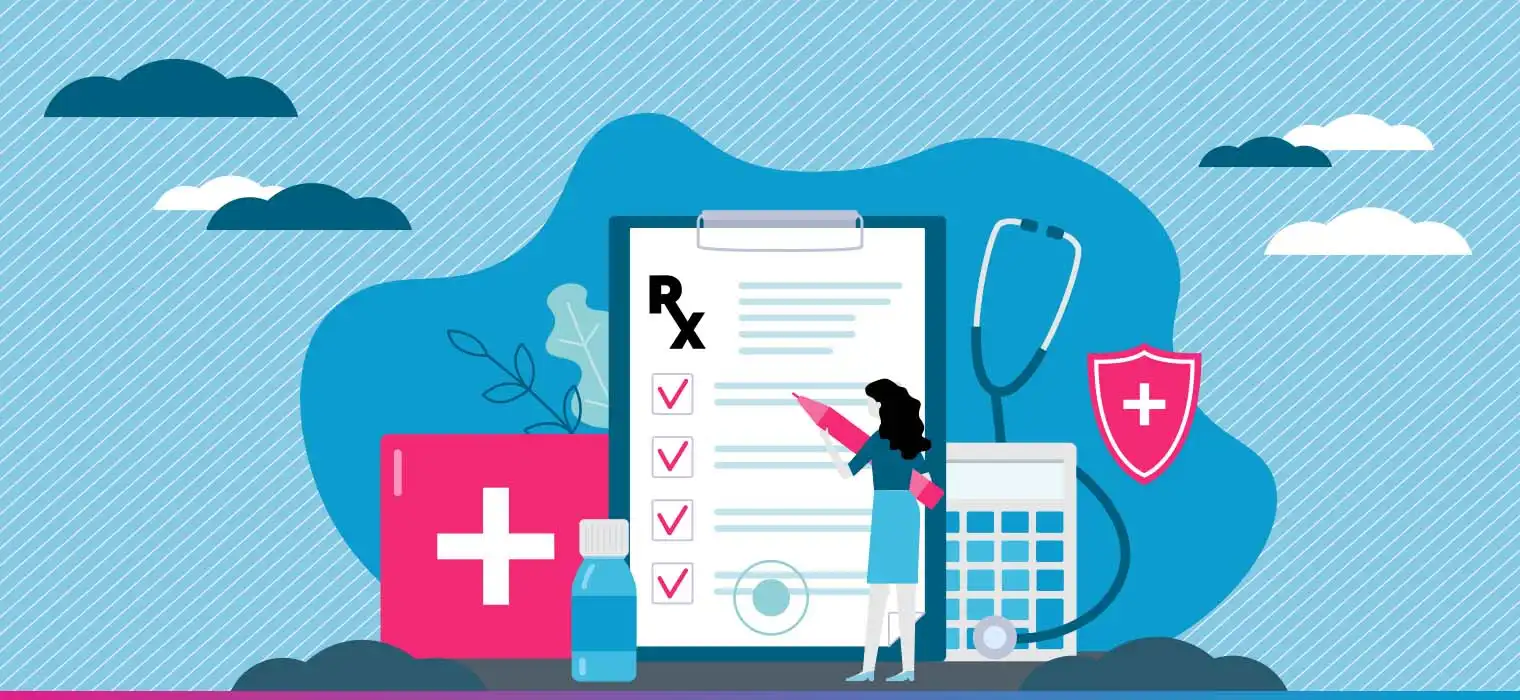Diabetes
What is diabetes?
Diabetes is a chronic medical condition that affects how your body makes or uses insulin. Essentially, your body becomes less adept at turning food into energy. If left untreated, diabetes can cause too much sugar to stay within your bloodstream, leading to complications.
Around 11.3% of the U.S. population suffers from diabetes medical conditions. It's believed that 8.5 million Americans have diabetes but are undiagnosed. Diabetes was the seventh leading cause of death in the U.S. in 2019. Medical expenses for those diagnosed with diabetes are 2.3 times higher than if the person did not have diabetes.
What are the symptoms of diabetes?
Symptoms of diabetes may manifest in many ways, including:
- Frequent urination
- Ketones in the urine
- Constant hunger or thirst
- Blurry vision
- Numb or tingling extremities
- Feeling tired
- Slow-healing sores
- Dry skin
- Unexplained weight loss
- More infections than normal
Diabetes symptoms may vary depending on the type of diabetes. Those with type 1 may also experience nausea, vomiting, and stomach pains. If you think you may be exhibiting signs of diabetes, contact your doctor to have your blood sugar tested.
What are the causes of diabetes?
The cause of diabetes often depends on the type of diabetes you suffer from. Type 1 and type 2 diabetes may be caused by genetic susceptibility or environmental factors. Type 2 diabetes is also linked to being overweight.
Can any complications arise if left untreated?
If left untreated, the excess sugar in your bloodstream can cause a disorder or complication such as:
- Heart disease
- Vision loss
- Kidney disease
- Amputations
- Nerve damage
What medications treat diabetes?
Diabetes is an expensive medical condition. Type 1 requires insulin, whereas type 2 may be prescribed oral medications, insulin, or both. There are several types of oral medications, such as biguanides, DPP-4 inhibitors, thiazolidinediones, sulfonylureas, GLP-1 analogs, glinides, alpha-glucosidase inhibitors and combination oral pills. Insulins are categorized as either fast-acting, intermediate-acting or long-acting.
Common medications may include
References
Statistics About Diabetes - American Diabetes Association
Costs and Consequences of Not Treating Diabetes - PhRMA Foundation
Diabetes treatment: Medications for type 2 diabetes - Mayo Clinic



